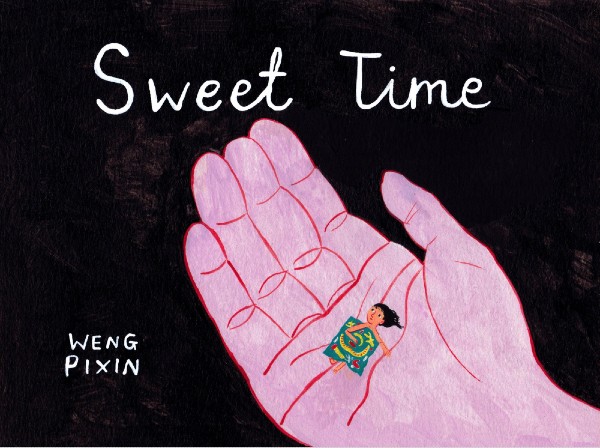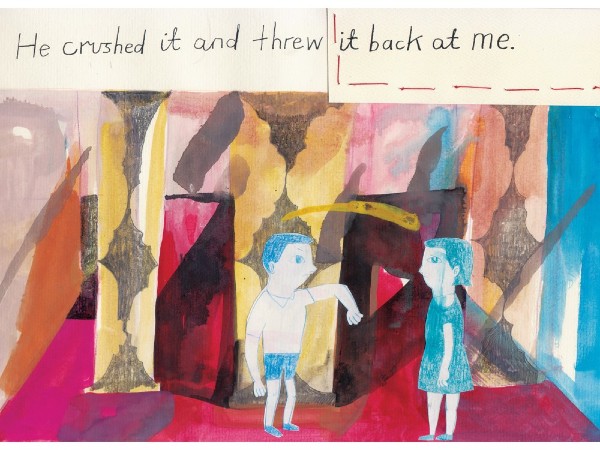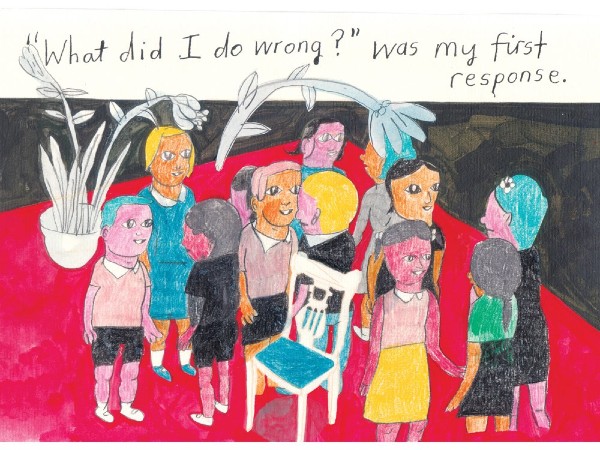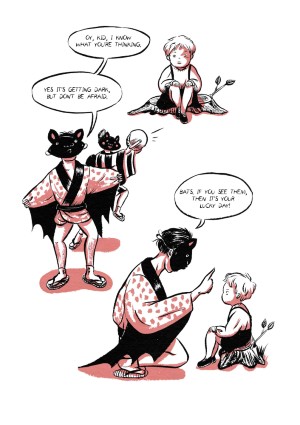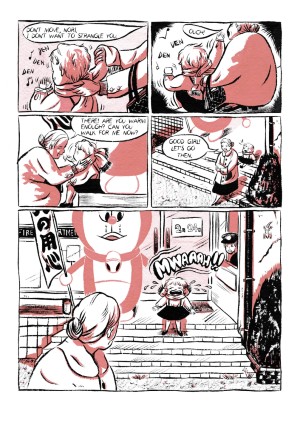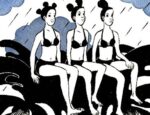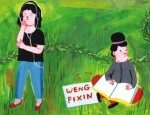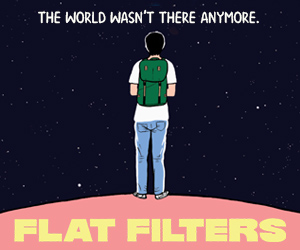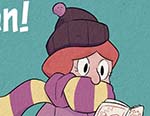One would assume that everything there is to know about relationships has been talked about or dissected by now. It takes an unprecedented turn of events, however, to show us how brittle these social certainties are. While the COVID-19 pandemic made a lot of professionals re-evaluate a lot of things, it also prompted ordinary folk to question much of what had long been taken for granted.
I found two new graphic novels to be particularly intriguing during this period of quarantine, both of which made me look at human interaction in a new light. Being locked indoors had already made me jittery, because who could have imagined a simple act like walking to the pub someday becoming a matter of life and death? In this emotionally fragile state, the work of Weng Pixin and Rumi Hara almost felt like a balm.
On the surface, there is nothing in common with what both writers and illustrators have created. The fact that they are Asian — Pixin from Singapore and Hara from Japan — is a tenuous connection at best, but I believe their heritage informs much of their technique which, in turn, makes their approach to their individual stories so much more singular.
Pixin’s Sweet Time from Drawn & Quarterly looks and feels like a stack of polaroids, if one can imagine replacing flat glossy photographs with gorgeous watercolours. It is a set of stories that do not have happy endings. This sense of people struggling to make things work is succinctly captured on the back cover, which features a solitary house under the quote: “WE are not a good idea.” Inside, characters try to make their relationships work, often coming close but never quite pulling it off.
In the opening story, titled ‘Birds’, a couple overhears another couple fight, only to have their own bond unravel over a seemingly non-existent issue. What Pixin manages to do, in panels of deceptive simplicity, is capture that elusive nature of what draws and keeps two people together despite their differences of opinion. Her tales are bittersweet, because the human longing and need to connect is so palpable, while its inherent fragility stands simultaneously exposed. Her stories resonated more powerfully in the aftermath of reports from around the world, documenting how extended states of quarantine had begun to push relationships to the brink of collapse.
In some ways, Sweet Time is almost like being a spectator at a couple’s story on their Instagram page; it is hard to turn away from.
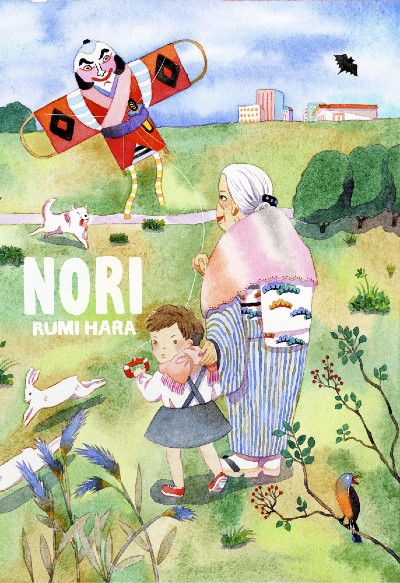
Another book that moved me was Nori by Rumi Hara, also from Drawn & Quarterly, which started as a series of minicomics in 2016 and evolved into this more nuanced exploration of the relationship between a 4-year old and her grandmother. Hara works only with combinations of two tones, relying upon the magical nature of little Noriko’s experiences to create a sense of wonder. Her child’s world is populated by armies of bats and rabbits from the moon, all strange settings in 1980s suburban Japan that she navigates with the help of her grandmother. In the public space where Nori’s parents are at work, a country struggles to forget its memories of a world war. Nori’s escapism, under these circumstances, starts to mirror our own need for the copious consumption of fantasy and crime dramas on Netflix.
It will be interesting to see what works of art emerge once our lockdown eases and COVID-19 fades from memory. Until that happens though, I am grateful for what comic artists like Pixin and Hara have offered to help us cope.
Feature by Lindsay Pereira





